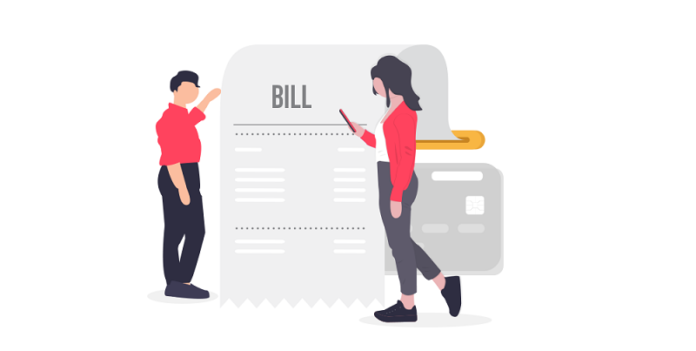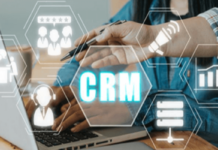Water is an essential element for human survival; hence we can’t live without it. However, you can survive without one thing for sure; high water bills. If you are not smart and careful about your water usage, you will witness your money going down the drain every month. You will be spending your everyday hard-earned money to pay for water usage, which is not necessary.
Instead of wasting our money, effort and hour of our lives paying for unnecessary water usage, we can learn how to be savvy about it.
For most businesses, saving water is not often among their sustainability initiatives, especially if they are located in areas where water shortage is not an everyday concern. But, saving water should be given more attention.
Benefits of Saving Water
- The environment will benefit from less water use since freshwater is a priceless resource.
- Reduction of greenhouse gases released from clean water collection, treatment and supply.
- Less water consumption leads to a low water bill which translates to a lower energy bill.
- Reduction of water shortage
- It avails water for recreational purposes
Different businesses use water differently, with some using it more than others. However, knowing the amount of water you use and where to use it in your business can help tackle water bill issues.
Strategies of Lowering Water Bills
Water Audits
Businesses with massive water usage should consider seeking a professional’s help in reducing water consumption. A professional will use a water billing system to examine the amount of water you are using and provide detailed information on where to use less hence saving money. Also, you can learn about costly water leaks that need repairs to avoid water wastage.
Going Low-Flow
Your water outlets like restroom, shower and break room faucets need to be fitted with low flow restrictors. For example, a low-flow aerator releases less than 1.5 gallons per minute than the standard faucet, which discharges 2.2 gallons per minute.
Use of Water-Efficient Equipment
Some of the equipment used in business facilities consume a lot of water, yet they are available in water-efficient designs. Water-efficient equipment can be expensive, but you will quickly recover the upfront cost with water energy savings. For example, you can switch to a water meter to track monthly payments and take action if the water bill rises above normal.
Educating and Engaging Employees
It is crucial to involve every employee in water conservation activities to reduce water bills since they play an essential role in water usage. You can use notes, posters or articles in the newsletter to remind employees of the importance of being conscientious of water use. Also, you can ask for their ideas on how to reduce water bills through water conservation.
Remember, small steps matter. Therefore, even when you save a gallon of water every day, you should have a bigger picture at the back of your head. Combining the above water usage and conservation measures will help lower the amount of money you incur each time a bill is posted to you through the water billing system. Ethically, water-saving is a responsibility for every business.








